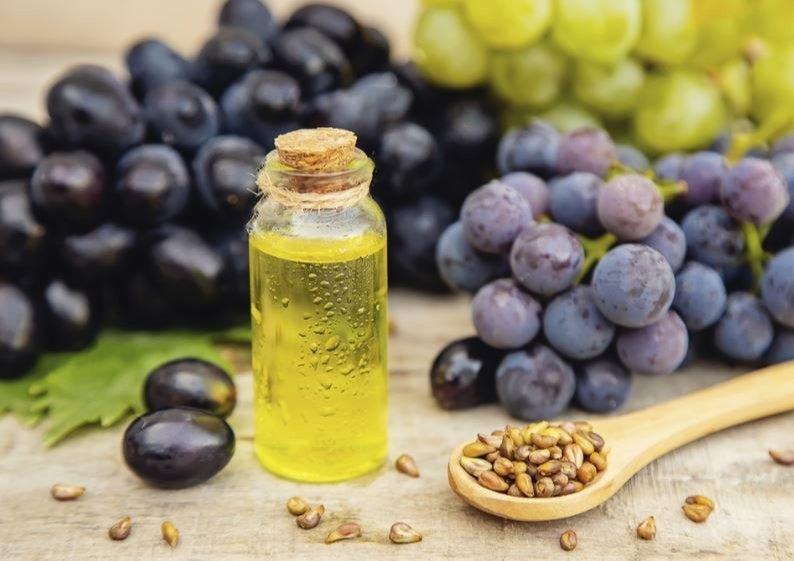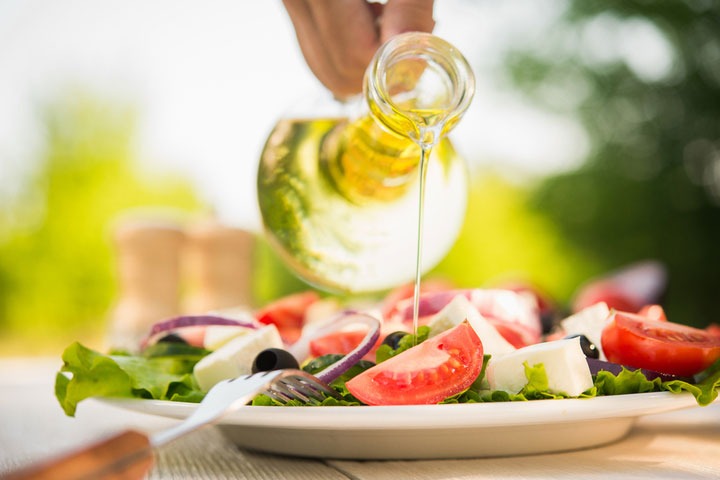So, you're craving a delicious, juicy burger and you're wondering: what oil to cook burgers in? The oil you choose can significantly impact the flavor, texture, and even the healthiness of your burgers. In this comprehensive guide, we will explore various cooking oils, their properties, and how they can influence your burger-cooking experience. Whether you are a kitchen professional or a home chef, this article will make you rethink your oil choice for burgers. Beef Patty Recipe for more tips.

Why the Choice of Oil Matters
Choosing the right oil is crucial when it comes to cooking burgers. The oil you use can affect the taste, texture, and health aspects of your burgers. Some oils are better suited for high-heat cooking, while others are praised for their unique flavors. Let's dig deeper into why this choice is so important. Burger Seasoning can also make a big difference.
Flavour Profile
The oil you use can significantly enhance or disrupt the flavour of your burgers. Different oils have different flavor profiles, which can either complement or clash with the taste of beef, chicken, or plant-based patties.
Smoke Point
Each type of oil has a unique smoke point. The smoke point is the temperature at which the oil starts to burn and produce smoke. Oils with higher smoke points are more suitable for high-heat cooking, which is often required for searing burgers to get that delicious, caramelized crust. Highest Smoke Point can further enhance your cooking.
Health Considerations
Some oils are healthier than others, offering benefits like lower saturated fats or higher omega-3 fatty acids. If you're conscious about health, you'll want to choose an oil that aligns with your dietary needs. For more on this, see our Healthy Cooking Oils guide.

Popular Oils for Cooking Burgers
Olive Oil
Olive oil is a popular choice for its health benefits and unique flavor. It has a medium smoke point (around 375F), which makes it suitable for medium-heat cooking. While its fruity flavor can complement certain types of burgers, it might not be the best choice for high-heat methods like grilling.
Canola Oil
Canola oil is another favorite for cooking burgers due to its high smoke point (around 400F) and neutral flavor. It's low in saturated fats and high in omega-3 fatty acids, making it a healthier option compared to other oils.
Avocado Oil
With a smoke point of around 520F, avocado oil is ideal for high-heat cooking methods. It's also packed with heart-healthy monounsaturated fats. Though it has a slightly nutty flavor, it's generally mild enough not to overpower your burger's taste.
Vegetable Oil
Vegetable oil is versatile and has a high smoke point (around 450F), making it suitable for various cooking methods. Its neutral flavor ensures that the seasoning and the meat of the burger stand out.
Butter
While not an oil, butter deserves mention for its rich flavor. It has a lower smoke point (around 350F) but is excellent for those who want to add a buttery richness to their burgers. Consider using a mix of butter and an oil with a higher smoke point to balance flavor and prevent burning.

Special Considerations for Different Types of Burgers
Beef Burgers
For traditional beef burgers, oils like canola, avocado, and vegetable are often recommended due to their high smoke points and neutral flavors. These oils allow the natural flavors of the beef to shine.
Chicken Burgers
Chicken burgers can benefit from the slightly fruity and robust flavors of olive oil. However, if you're using high-heat methods, canola or avocado oil might be better choices.
Plant-Based Burgers
Plant-based patties often come pre-seasoned, so a neutral oil like canola or vegetable oil is a good choice to avoid clashing with the burger's flavor profile. Our Plant-Based Cooking guide might provide further guidance.

How to Use Oil When Cooking Burgers
Using oil effectively can make or break your burger experience. Here are some tips for getting the best results:
Preheat the Pan
Always preheat your pan before adding oil. This ensures that the oil heats evenly and the burger cooks uniformly.
Use a Thin Layer
Less is more. Use just enough oil to coat the bottom of the pan, preventing the burgers from sticking while allowing them to develop a nice crust.
Consider Infused Oils
If you're feeling adventurous, consider using oils infused with garlic, herbs, or chili for an extra layer of flavor.
Common Mistakes to Avoid
Even the best intentions can go awry. Here are some common mistakes to avoid:
Using Too Much Oil
More oil doesn't equal more flavor. Excessive oil can make your burgers greasy and unappetizing.
Not Considering Smoke Point
Choosing an oil with a low smoke point for high-heat cooking can result in burnt burgers with an unpleasant taste.
Ignoring Flavor Profiles
Using a strongly flavored oil can overpower the taste of your burger. Always consider how the oil's flavor will interact with your burger ingredients.
FAQs
Is Olive Oil Good for Cooking Burgers?
Yes, it can be, especially for chicken or plant-based burgers. However, its medium smoke point makes it less suitable for high-heat cooking methods. For quick kitchen cleaning tips, check out this 10-minute guide to kitchen cleaning.
Can You Use Butter Instead of Oil for Cooking Burgers?
You can use butter, but due to its lower smoke point, it's best combined with a higher smoke point oil to prevent burning.
Can You Use Butter Instead of Oil for Cooking Burgers?
You can use butter, but due to its lower smoke point, it's best used in combination with a higher smoke point oil to prevent burning.
Is Vegetable Oil a Healthy Option?
Vegetable oil is generally considered less healthy compared to oils like olive or avocado oil, but it's versatile and has a high smoke point, making it a popular choice for cooking burgers.
As an Amazon Associate, I earn from qualifying purchases.






Leave a comment
This site is protected by hCaptcha and the hCaptcha Privacy Policy and Terms of Service apply.